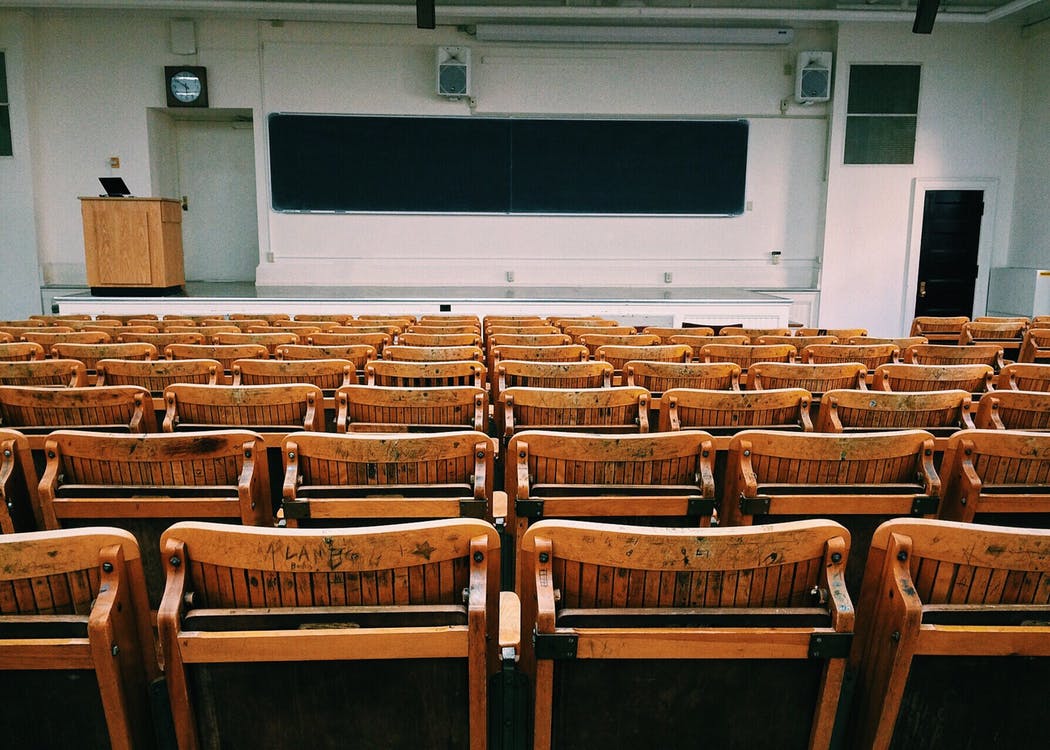
Overcoming Distance Learning Challenges

- Lack of structure: Normal school days are fairly regimented with classes starting and ending at designated times and scheduled breaks to socialize with friends. Distance learning, however, can be less formal without all of the elements of a normal school day such as designated starting and finish times, scheduled breaks and so on. At home, families need to create a regular routine, including making sure students are out of bed in time to have breakfast and be alert when class starts as well as scheduling regular breaks. While socializing with friends may not be safe at this time, make sure your children are still in contact with their friends to some extent, perhaps even scheduling a Zoom lunch break. Additionally, some families are creating small learning pods, bringing a small group of students together safely for online learning and studying. Having a parent or tutor monitor these groups can ensure that the students stay on track and maximize productivity during the time they are together.
- Distractions: There are all sorts of noises and disruptions at home that don’t occur at school: pets, doorbell, ringing phones, meal preparation, people walking around and so on. It’s important to find a comfortable quiet place for your student to sit while learning remotely. Try to minimize any outside noise and be cognizant of staying quiet while your students are engaged in online learning, whether it be a Zoom class or a homeschool program. Check in on your students regularly to make sure they are focused on school and not being distracted by outside forces like social media or texting their friends. If it is too difficult for your students to learn at home, Synergy Academics of ers a safe place for distance learning, tutoring and studying. CDC-recommended safety protocols are strictly observed to ensure a safe healthy environment.
- Anxiety and sadness: The global pandemic has resulted in a sense of loss for all of us, our children included. Big events, social gatherings and celebrations have been cancelled. Job losses and financial stress affecting many families create uncertainty for children. The fear or reality of health struggles and even death resulting from COVID-19 is overwhelming and ever-present. Stay in tune with your kids and pay attention to any unusual signs of depression or anxiety. Keep the lines of communication open and if necessary, consider speaking with your child’s doctor and/or getting counseling or therapy for your students to help them process these issues if they seem to be affecting their ability to concentrate and complete their school work..
- Sleep deficit: While many students are on Zoom at specific times for their classes, most students’ days are less regimented than when they are physically at school everyday. With the lighter structure, many students aren’t on the same sleep schedule as they would be during a normal school year. On top of that, the anxiety brought on by this new normal can make it harder to fall asleep or stay asleep. Students who are not well-rested often have a harder time focusing on school. Do the best you can to enforce a normal schedule with your kids, ensuring they go to bed at a reasonable time. Make sure that weekdays are distinguished from weekends and treated as such. Even if students don’t have to get up and out of the house, establish a regular schedule at home in which your kids are expected to be up and ready at a specific time each day. If they are having trouble sleeping due to anxiety, talk to their doctor about possible remedies which may include limiting certain types of food (caffeine), relaxation techniques and even therapy if their anxiety is a major factor in being able to sleep.
- Isolation and lack of support: The global pandemic has created a sense of isolation for all of us. Being suddenly cut off from socializing with friends or even extended family can be difficult and depressing! This is true for our children too who are unable to gather with their friends or share their school days with peers. Additionally, resources that are available at school, such as one-on-one interaction with teachers, special needs or resource support, and general counseling are no longer easily accessed. Finding ways to reduce your children’s sense of isolation is important. Some schools are coordinating online special interest groups, clubs, spirit days and other online social opportunities. Assembling a small pod learning group with students that you feel comfortable interacting with health-wise can be very beneficial in making your children feel less alone. If your child relies on special needs resources from their schools, contact the administration to find out how you can access those services remotely. Check in with your children regularly to make sure that they are in a good place emotionally and of er support if you sense a high level or depression or anxiety.
Synergy Academics is offering a number of programs to support our families as they adjust to distance learning. Click on this link to learn more.
The fact of the matter is that COVID-19 will be with us for a while. Until there is an effective treatment and/or vaccine, we all need to be vigilant in minimizing our contact with others. This reality has had a profound effect on the way education operates in 2020 and it is up to us to help our children understand this and cope with the ramifications. In the spirit of making lemonade out of lemons, learning how to be flexible and adaptable is extremely valuable. Giving your children these tools will help them not only get through this pandemic but also face other challenges that are sure to arise throughout their lives.



